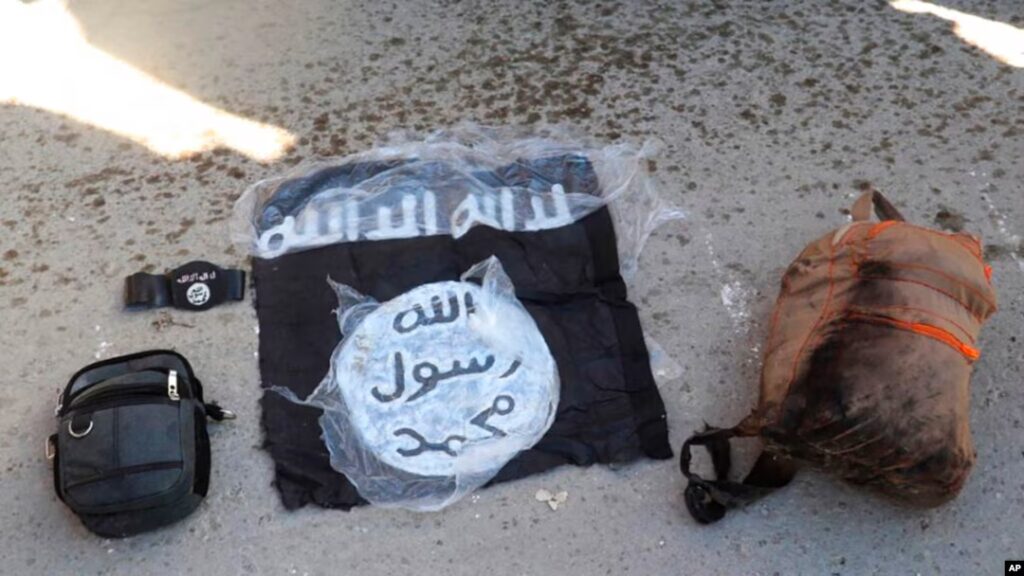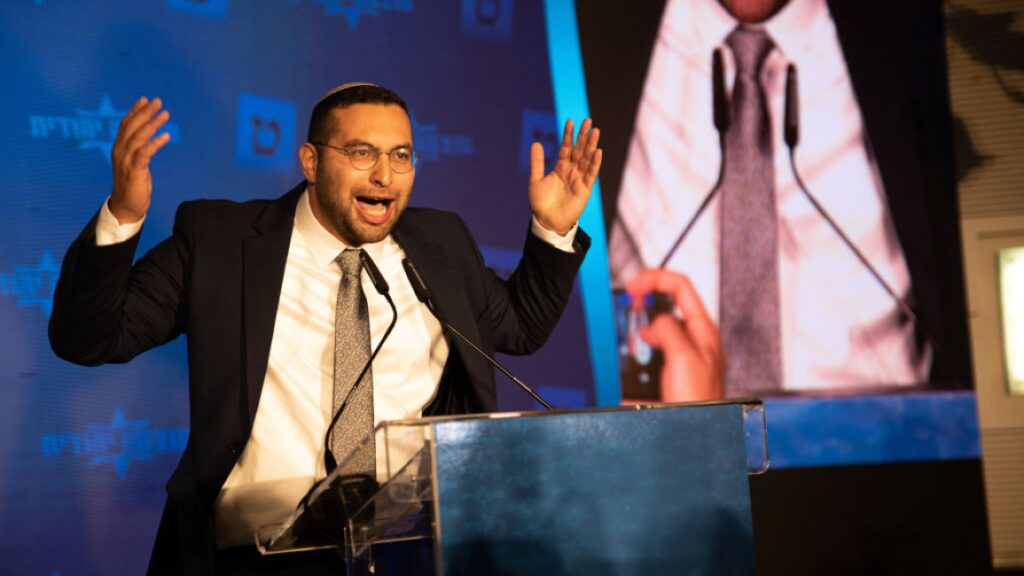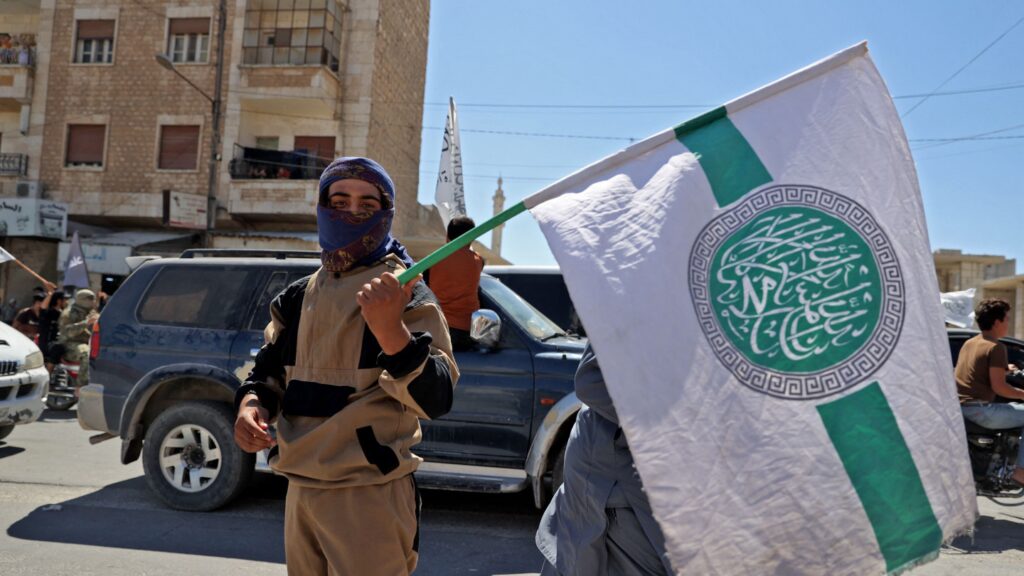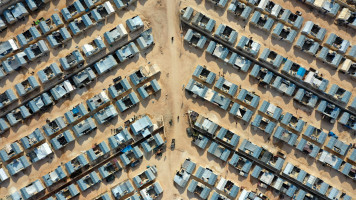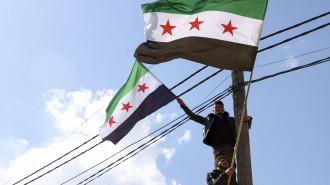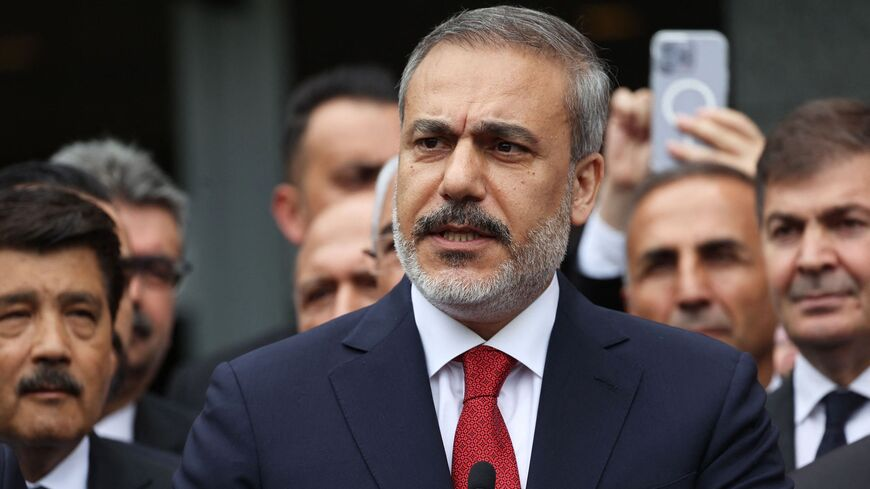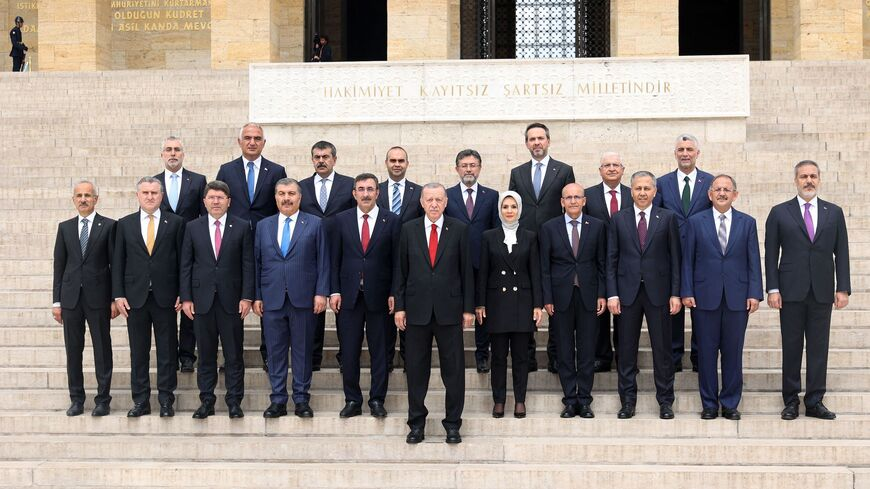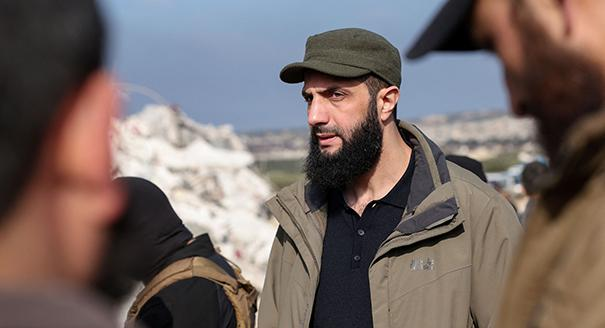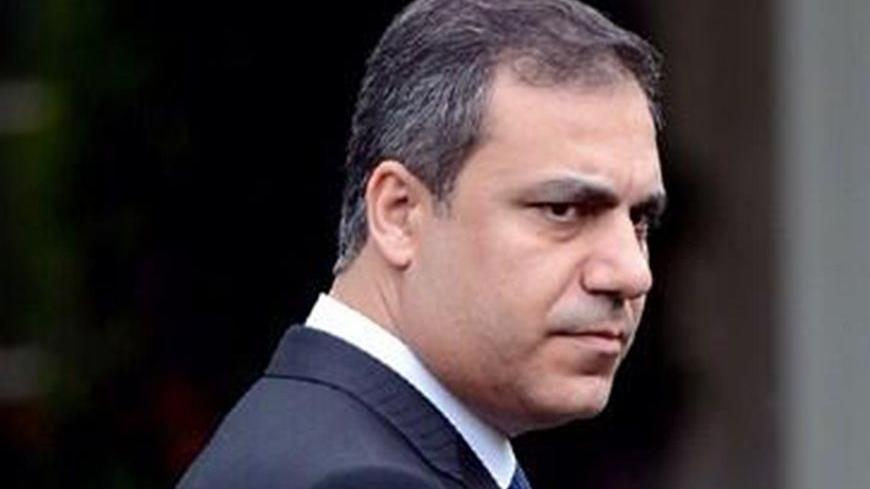3,000 Iraqi terrorists detained in Syria brought back to Iraq
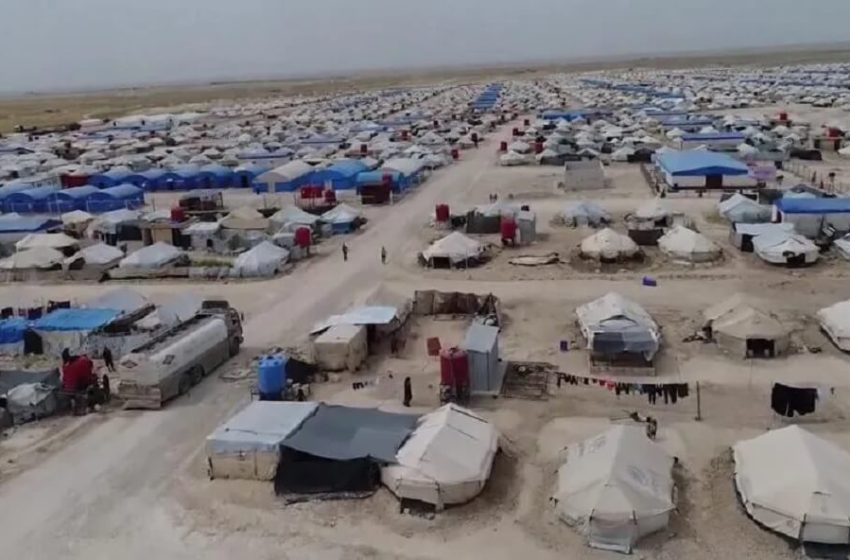
The Iraqi Minister of Foreign Affairs, Fuad Hussein, confirmed on Thursday that 3,000 Iraqi terrorists detained in Syria have been returned to Iraq, where the majority of them have been tried, according to the spokesperson of the Ministry of Foreign Affairs, Ahmed Al-Sahaf.

